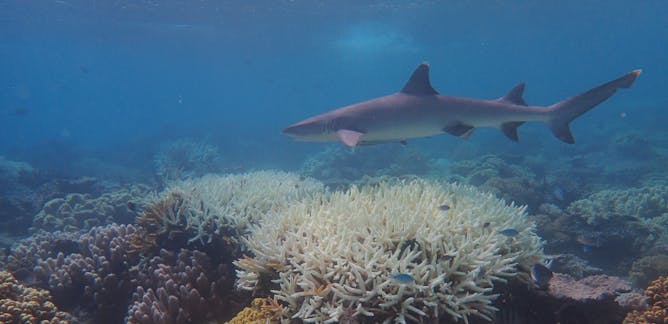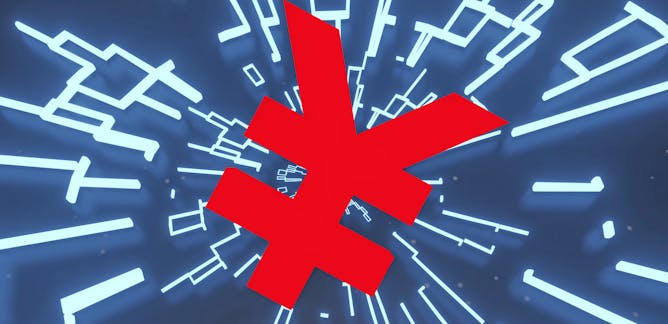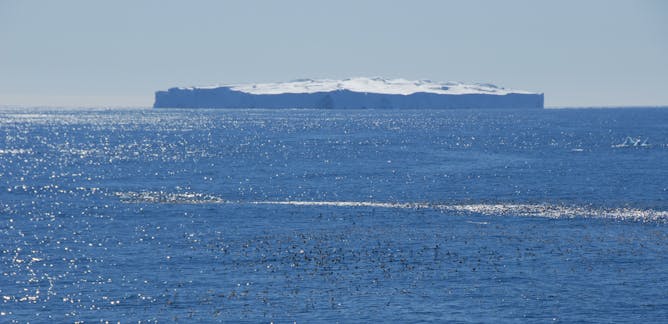|
|
|
|
Nigeria’s President Muhammadu Buhari recently requested that the US relocate its Africa Command headquarters from Germany, where it is currently located, to Africa. This, he reasoned, would make for a more effective tackling of growing armed violence on the continent. Apart from this being a complete volte-face from the previous position of Nigeria on the US Africa Command, Kester Onor unpacks why relocating the headquarters will not solve
the region’s security problems. He adds that reforms that will entrench constitutionalism, the rule of law, and political inclusion are the keys to making Africa more secure.
Most people have heard arguments – online or in the news or in person – from people who are hesitating or refusing to have a COVID-19 vaccination. Myles Leslie explains how exploring the positive motivations of people who are vaccine hesitant may help improve their acceptance of COVID-19 vaccines, as well as others.
|
Wale Fatade
Commissioning Editor: Nigeria
|

|
|

A US soldier carries his belongings to a waiting truck at a military camp on the outskirts of Niamey, Niger.
Jacob Silberberg/Getty Images
Kester Onor, Covenant University
Reforms that will entrench constitutionalism, the rule of law, and political inclusion will solve Africa's security problems, not moving the US Africa Command headquarters to the continent.
|

Empathetically exploring the positive motivations of people who are vaccine hesitant may help improve acceptance for COVID-19 vaccines and others.
(Shutterstock)
Myles Leslie, University of Calgary
From maternity wards to primary care, Canadian researchers are looking to find the positive motivations of vaccine hesitant people, whether they are new parents or other adults.
|
Politics + Society
|

Carlo Aldrovandi, Trinity College Dublin
Clashes in Jerusalem have led to rocket attacks and airstrikes in Gaza.
| |

Tamanisha John, Florida International University
Haitian president Jovenel Moïse is accused of overstaying his term, embezzling funds and dismantling parliament. Protests are a hallmark of his presidency – but the language of them has changed.
|
|
|
Science + Environment
|

Christopher Cornwall, Te Herenga Waka — Victoria University of Wellington; Verena Schoepf, University of Amsterdam
A study of 183 coral reefs worldwide quantified the impacts of ocean warming and acidification on reef growth rates. Even under the lowest emissions scenarios, the future of reefs is not bright.
| |

Sarah Klassen, Leiden University; Alison Kyra Carter, University of Oregon
Combining archaeological evidence, aerial scans and machine learning algorithms, researchers modeled how this medieval city grew over time.
|
|
|
Business + Economy
|

Daniel Broby, University of Strathclyde
The digital yuan could make transactions faster, cheaper and more transparent, but there are dangers for the global economy.
| |

Evronia Azer, Coventry University
Companies are using myriad ways to check up on employees at home, from keylogger software to webcam monitoring.
|
|
|
En Français
|

Nadia Améziane, Muséum national d’histoire naturelle (MNHN); Marc Eléaume, Muséum national d’histoire naturelle (MNHN)
Embarquez sur l’Aurora Australis, un brise-glace de 100 mètres de long pour découvrir des espèces uniques, comme ce poisson au sang blanc dépourvu d’hémoglobine.
| |

Florian Vidal, Université de Paris; José Halloy, Université de Paris
L’exploration minière ne se limite plus à la terre, ni à la Terre : les entreprises et les États s’intéressent de plus en plus aux réserves situées dans les fonds marins mais aussi sur les astéroïdes.
|
|
|
| |
| |
| |
| |
| |
| |
|
|
|
|
|
|
|